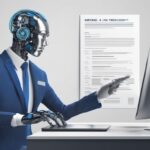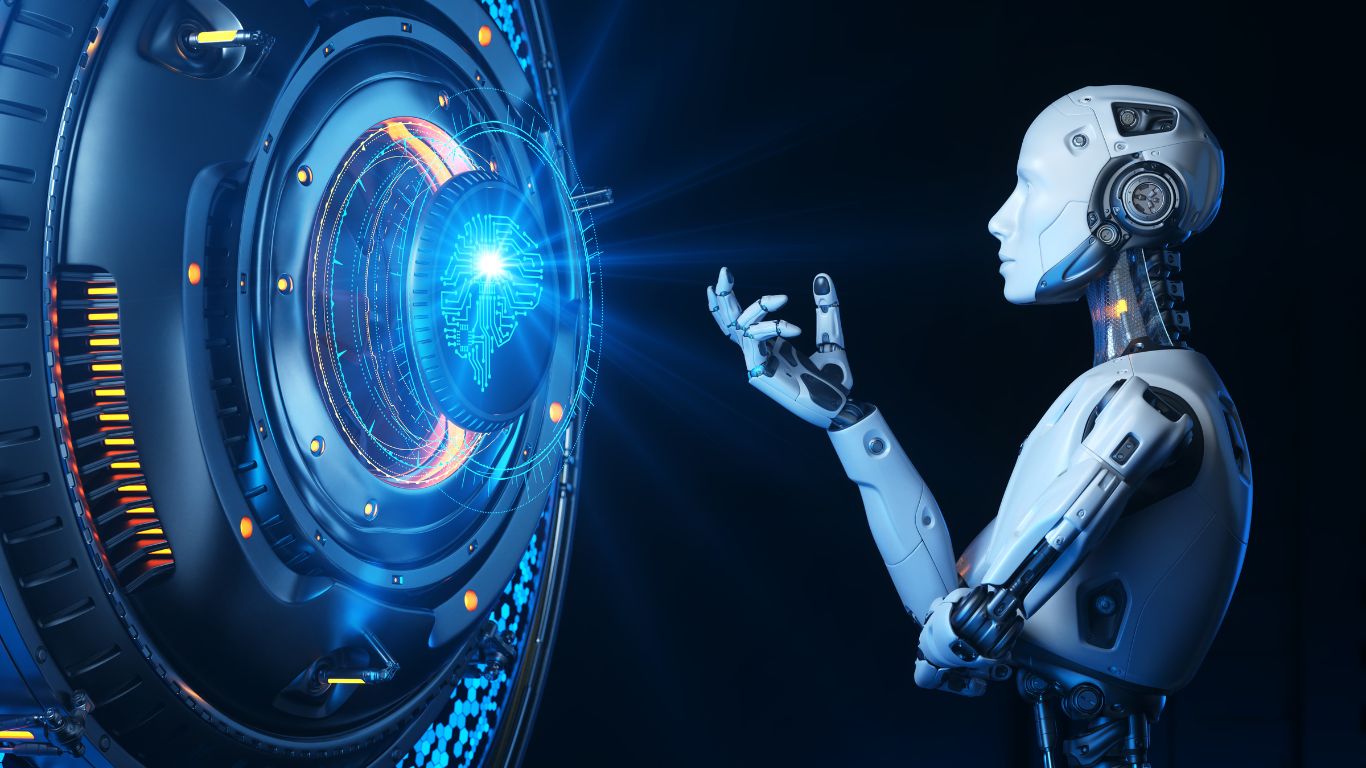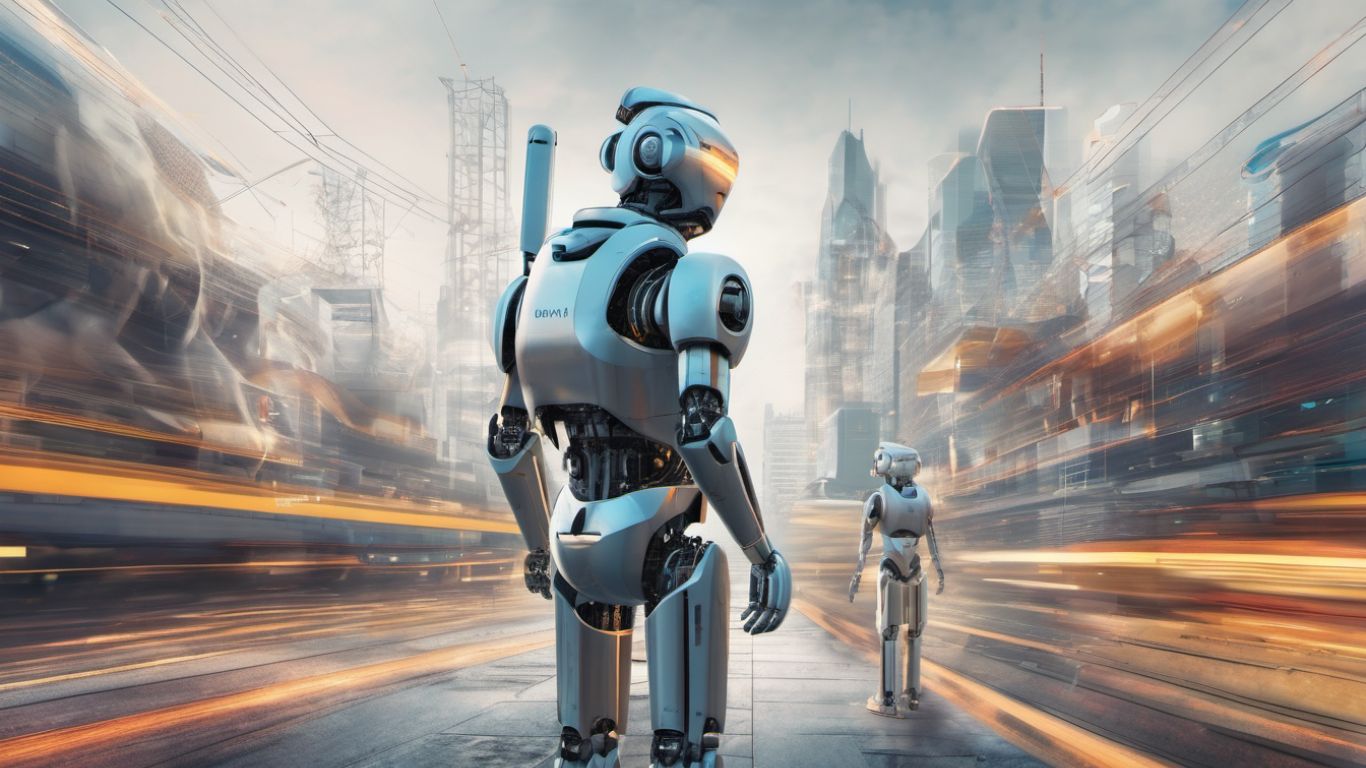Integrating Artificial Intelligence (AI) into medical facilities represents one of the most transformative advancements in healthcare history. This technological evolution has revolutionized medical diagnostics and patient care and paved the way for innovations that were once deemed futuristic. Here’s a look at the key historical milestones in integrating AI into medical facilities and the profound impacts these technologies have had on the healthcare industry.
Historical Milestones in AI Integration into Medical Facilities

- 1960s: The genesis of AI in medicine began with the development of the first AI programs aimed at medical diagnosis. These early endeavours laid the groundwork for the application of AI in understanding and diagnosing complex medical conditions.
- 1970s-80s: The introduction of expert systems marked the next phase of AI in healthcare. These systems provided clinicians with decision support, leveraging vast medical knowledge databases to suggest diagnoses and treatments, thereby augmenting medical decision-making.
- 1990s: The 1990s witnessed the emergence of AI technologies in medical imaging. This era brought about significant advancements in how medical images were analyzed and interpreted, offering more precise and faster diagnoses.
- Early 2000s: The new millennium saw the implementation of AI in healthcare management systems. AI technologies were employed to analyze data and predict patient outcomes, resource allocation, and disease prevalence, among other applications.
- 2010s: The last decade has seen rapid growth in AI applications for personalized medicine and comprehensive patient care. AI has begun enabling a more customized customized healthcare approach, from drug discovery to tailored treatment plans.
- Present: Today, AI is widely integrated across various medical fields, from diagnostics and robotic surgery to operational optimization in healthcare settings. The scope of AI applications continues to expand, promising even more profound impacts on healthcare delivery.
Impact of AI Technologies on Medical Facilities and Patient Care

The integration of AI into medical facilities has had far-reaching impacts, including:
- Enhanced Diagnosis and Treatment: AI-powered decision support systems have improved the accuracy and speed of medical diagnoses. Early detection and treatment of diseases have become more feasible, significantly improving patient outcomes.
- Personalized Patient Care: AI has enabled treatment plans to be customized to each individual, taking into account their unique genetic makeup, lifestyle, and health data. This approach has led to higher quality of care and patient satisfaction.
- Operational Efficiency: AI has streamlined operations within medical facilities, automating administrative tasks and optimizing workflows. This has allowed healthcare providers to dedicate more time to patient care, thereby enhancing the efficiency of healthcare delivery.
- Resource and Cost Management: Through predictive analytics, AI has enabled better management of healthcare resources, leading to cost reductions and more efficient use of medical supplies and personnel.
However, integrating AI into healthcare also brings challenges, such as concerns over data privacy, security, and ethical use of AI. There’s an ongoing need for robust guidelines and regulations to ensure that AI technologies are used responsibly and for the benefit of patients and healthcare providers alike.
Frequently Asked Questions (FAQs) about AI in Medicine
Q1: Is AI in medicine safe?
A1: AI in medicine is considered safe when used correctly and within regulatory guidelines. It undergoes rigorous testing and validation processes to ensure accuracy and reliability. However, like any medical tool, AI systems must be used by trained professionals who can interpret their findings correctly.
Q2: Will AI replace human doctors?
A2: No, AI is not expected to replace human doctors. Instead, it serves as a tool to enhance the capabilities of medical professionals, allowing them to make more informed decisions, improve efficiency, and provide better patient care. The human element, including clinical judgment, empathy, and ethical considerations, remains irreplaceable in healthcare.

Q3: How does AI improve patient diagnoses?
A3: AI improves patient diagnoses by analyzing vast amounts of medical data quickly and accurately. It can detect patterns and anomalies that may be missed by human eyes, facilitate early disease detection, and assist in predicting the most effective treatment plans for patients.
Q4: Can AI in healthcare lead to unemployment among medical professionals?
A4: Rather than leading to unemployment, AI in healthcare is more likely to shift the roles and functions of medical professionals. It automates routine tasks, freeing medical staff to focus on more complex and interpersonal aspects of patient care. This shift emphasizes the importance of adapting to new technologies and acquiring new skills in the healthcare sector.
Q5: How is patient privacy protected when using AI in healthcare?
A5: Patient privacy is a paramount concern, and healthcare organizations must comply with strict data protection laws such as HIPAA in the United States or GDPR in the European Union. AI systems are designed with security measures to protect patient data, and access is strictly controlled. Patients also have rights over their data and its use in AI applications.
Q6: What is the future of AI in medicine?
A6: The future of AI in medicine looks promising, with ongoing advancements expected to personalize care further, improve diagnostic accuracy, and enhance treatment outcomes. AI is also anticipated to play a significant role in disease prevention, patient monitoring, and healthcare administration, making healthcare more accessible and efficient for everyone.
Conclusion
The historical integration of AI into medical facilities has set the stage for a future where technology and healthcare are inextricably linked. The continuous evolution of AI promises to enhance further medical diagnostics, patient care, and the overall efficiency of healthcare systems worldwide, marking a new era in medicine.










